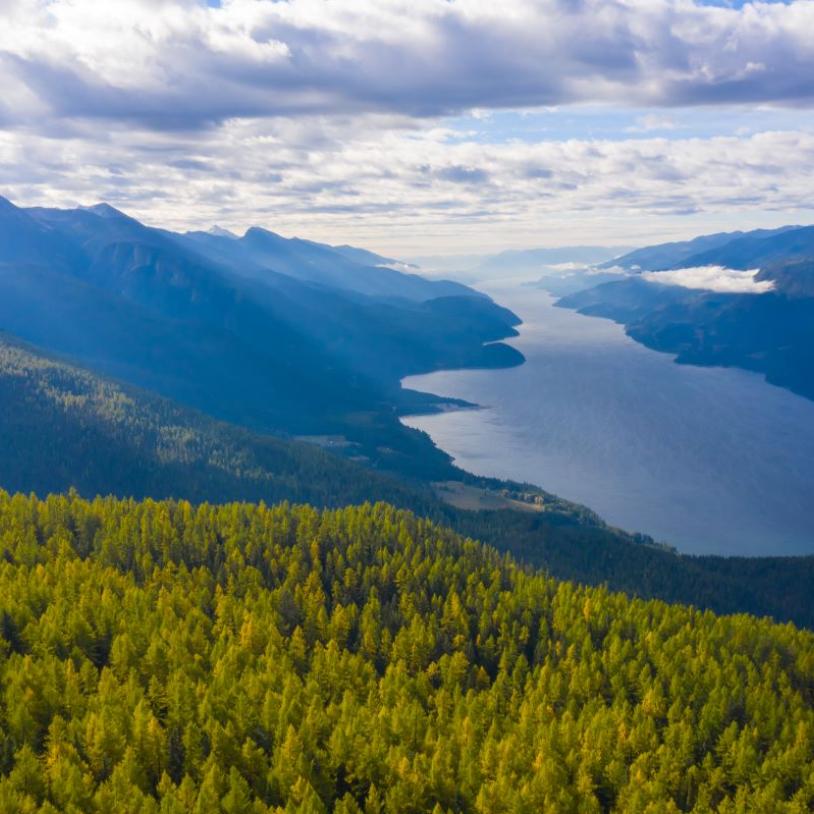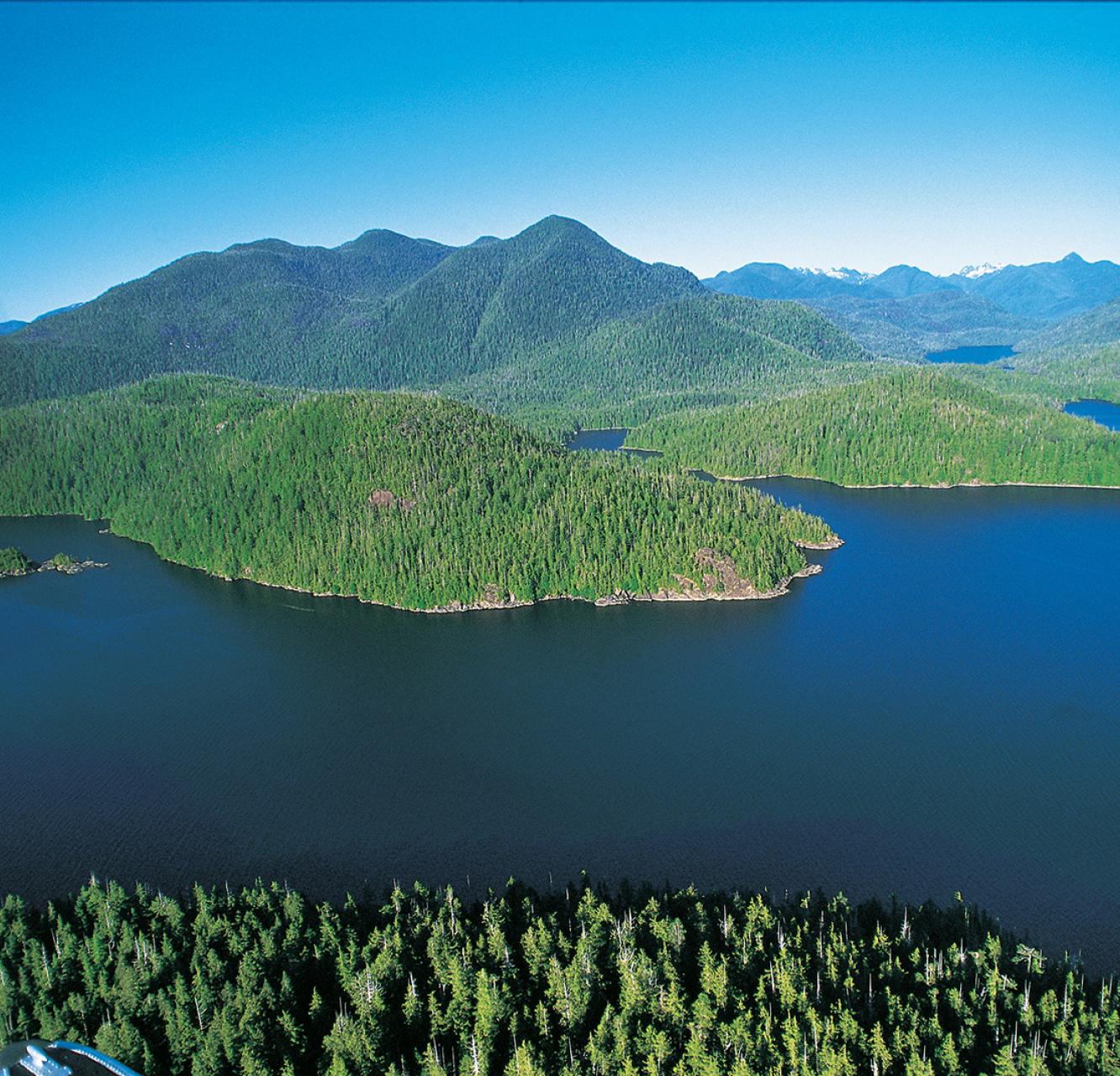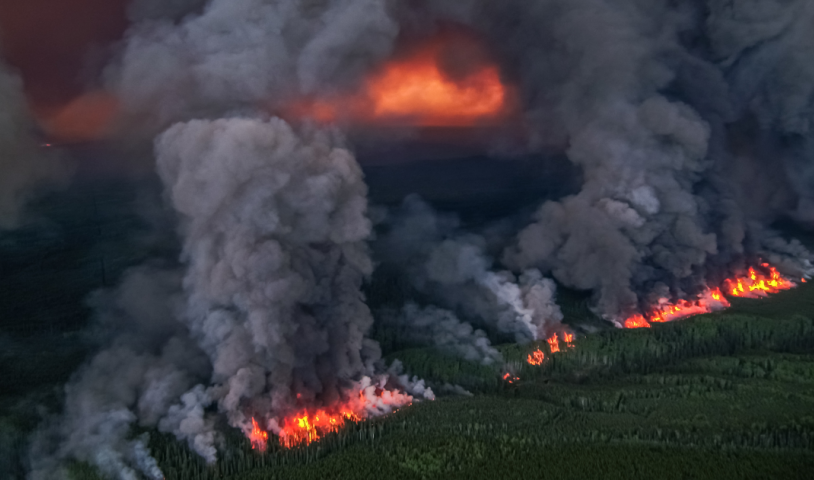Where are the rangers?
Friday, July 8, 2016
When was the last time you saw a park ranger?
Chances are you haven’t in some time, especially in the Okanagan.
According to the Wilderness Committee, the number of full-time park rangers in B.C. has sunk to an all-time low of only seven individuals.
These park rangers must patrol 14 million hectares of protected land, the combined size of Denmark (4.3 million ha), Costa Rica (5.1 million ha) and Switzerland (4.1 million ha) from October to April.
There is currently no senior park ranger in the entire Okanagan.
While auxiliary park rangers are hired in the summer months, it is unclear how many are in the Okanagan.
In 2009, there were 87 auxiliary rangers hired in the summer months and the Wilderness Committee believes the best case scenario in the summer would be one ranger per 10 parks.
For Gwen Barlee, national policy director with the Wilderness Committee, seven full-time park rangers and a handful of summer rangers isn’t enough to enforce the parks act in the province.
“We now have fewer park rangers than spotted owls in B.C.,” said Barlee. “That's saying something, because spotted owls are one of the most endangered species in Canada and we are down to around a dozen in the wild. For the life of me, I can’t understand why the B.C. government is starving our provincial park system of the staffing and funding it needs to operate.”
There are more than 1,000 parks and protected areas in B.C. which Barlee said provides a $392 million boost to the province’s GDP and supports more than 5,200 full-time jobs.
“Despite the economic benefits, the operation budget for BC Parks is $31 million, (that is) $10 million less than it was in 2001,” she said.
Park rangers are responsible for a wide range of duties, including managing protected areas, enforcing laws and overseeing recreational services across the province.
Barlee said these cutbacks have led to poor protection of parks.
In 2012, a giant 800-year-old red cedar tree was cut down and poached from a provincial park on southern Vancouver Island, a situation that could have been avoided if park rangers were able to monitor more remote sites, she said.
View the original article here





